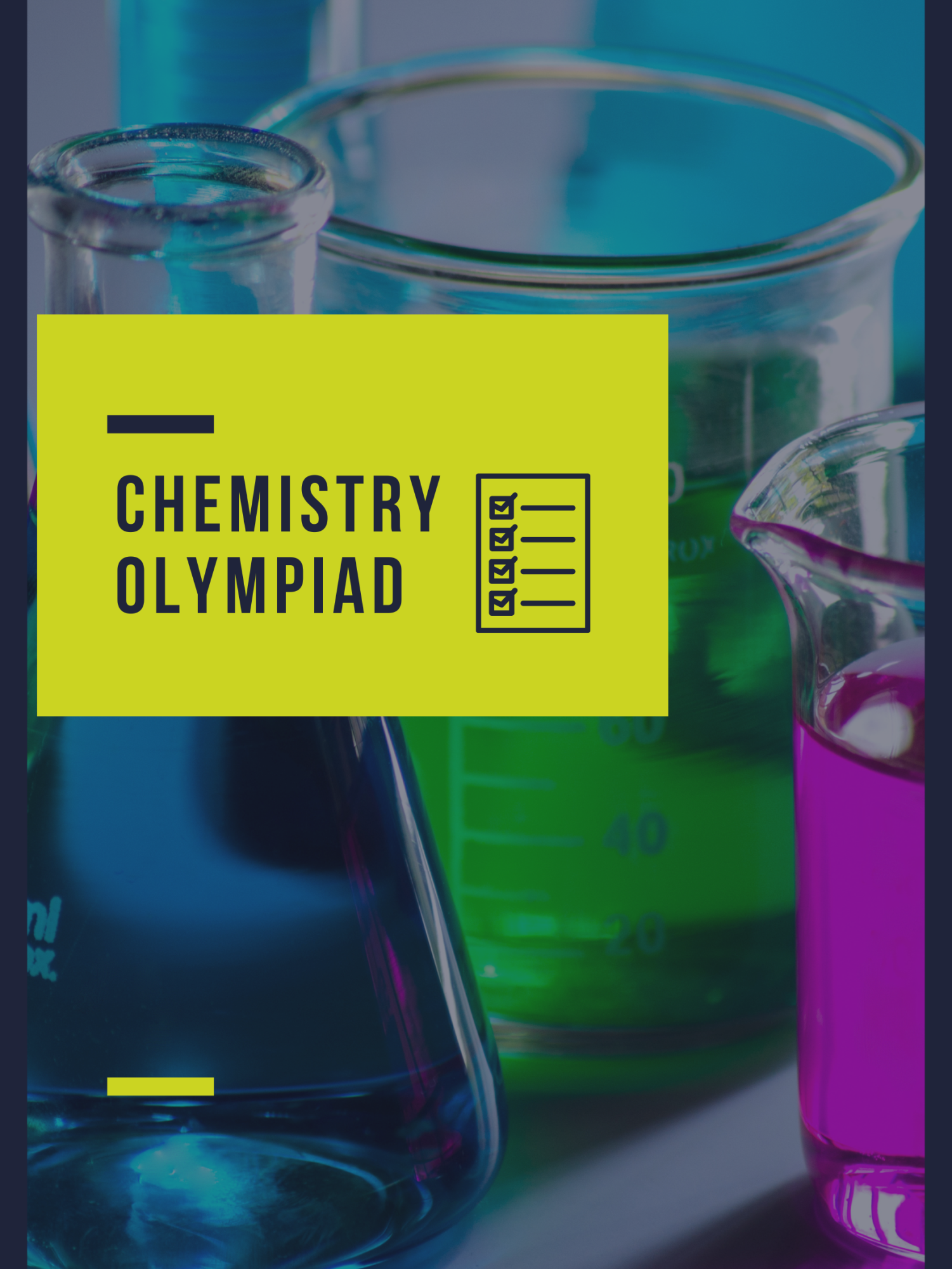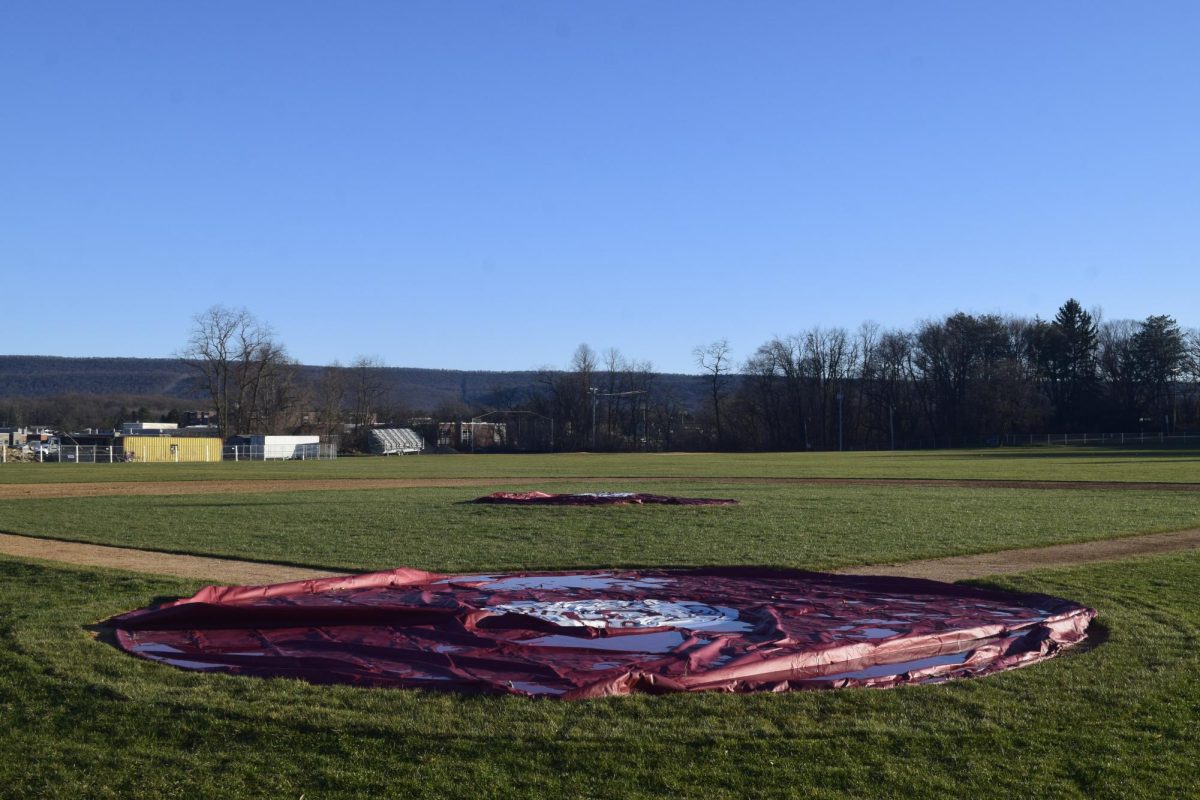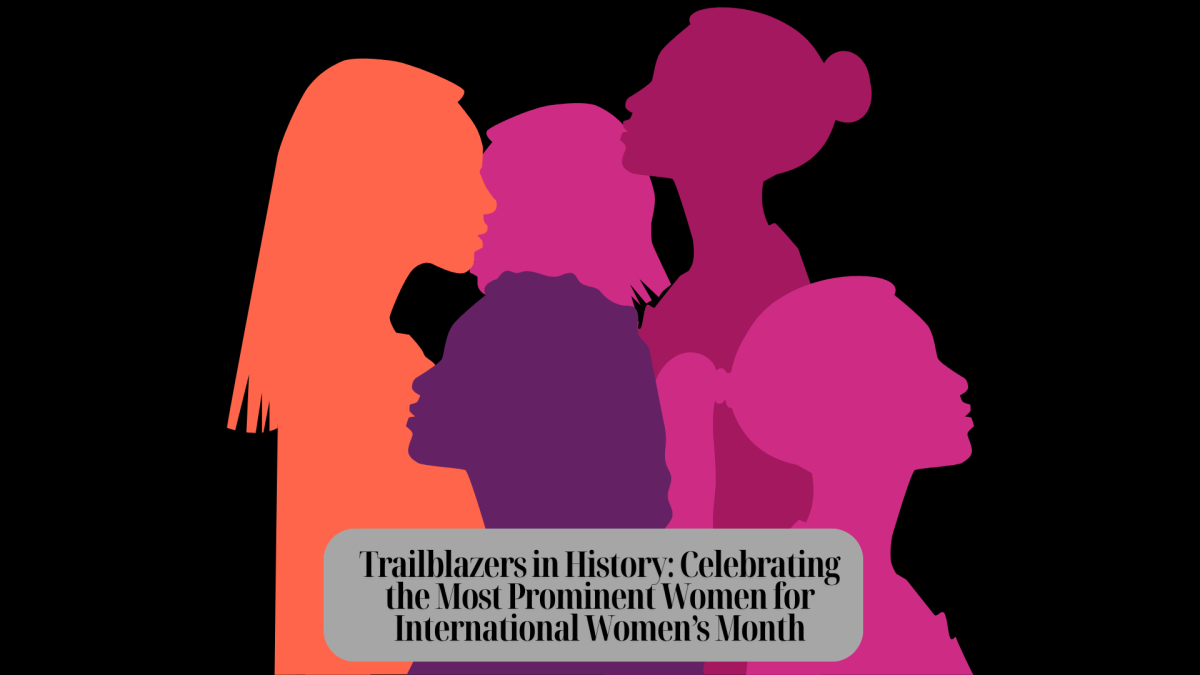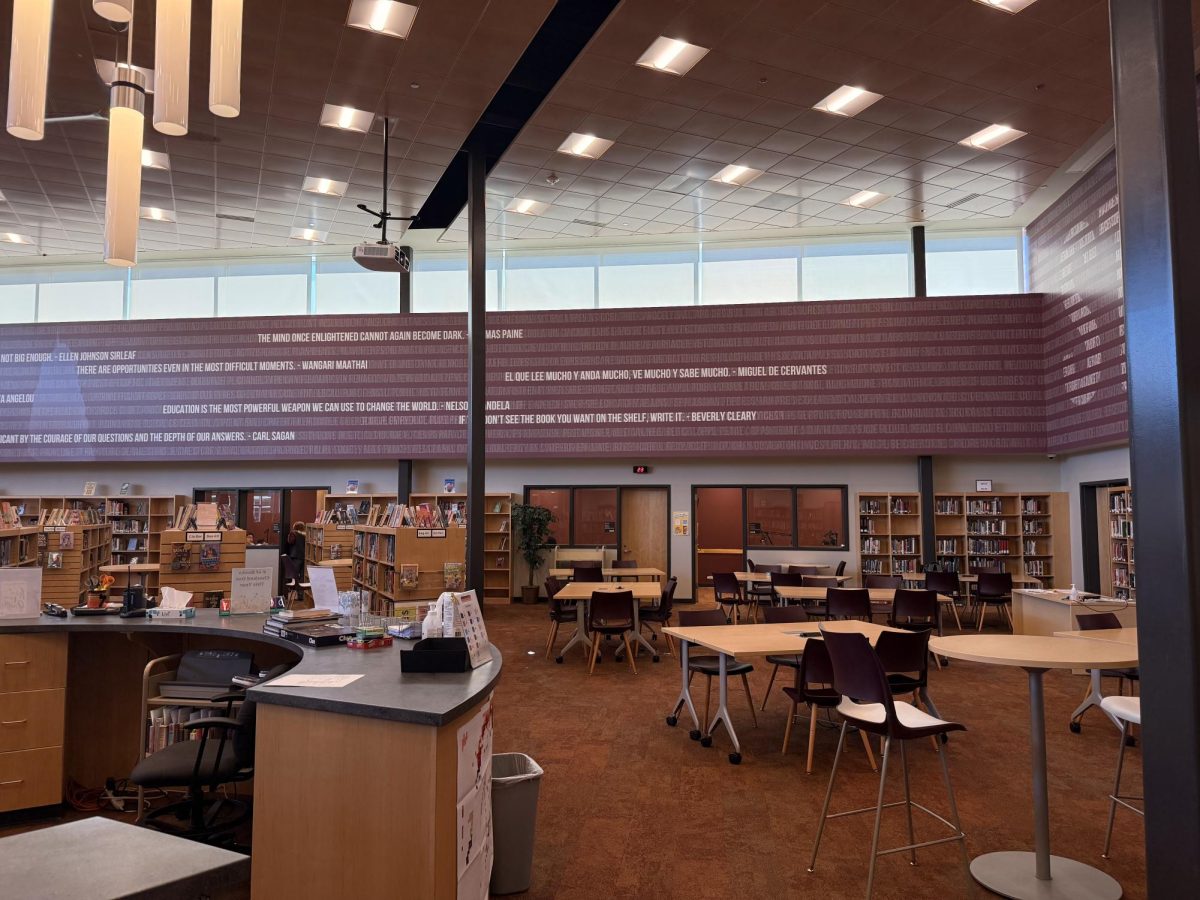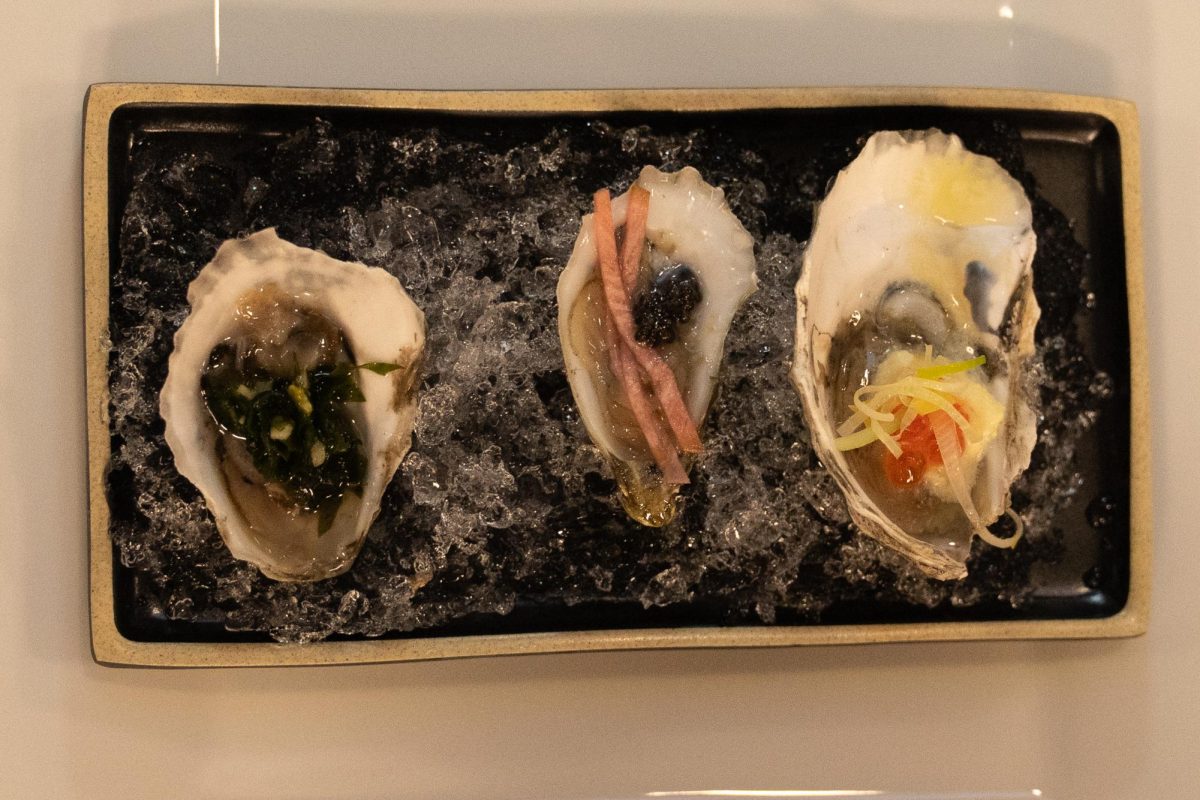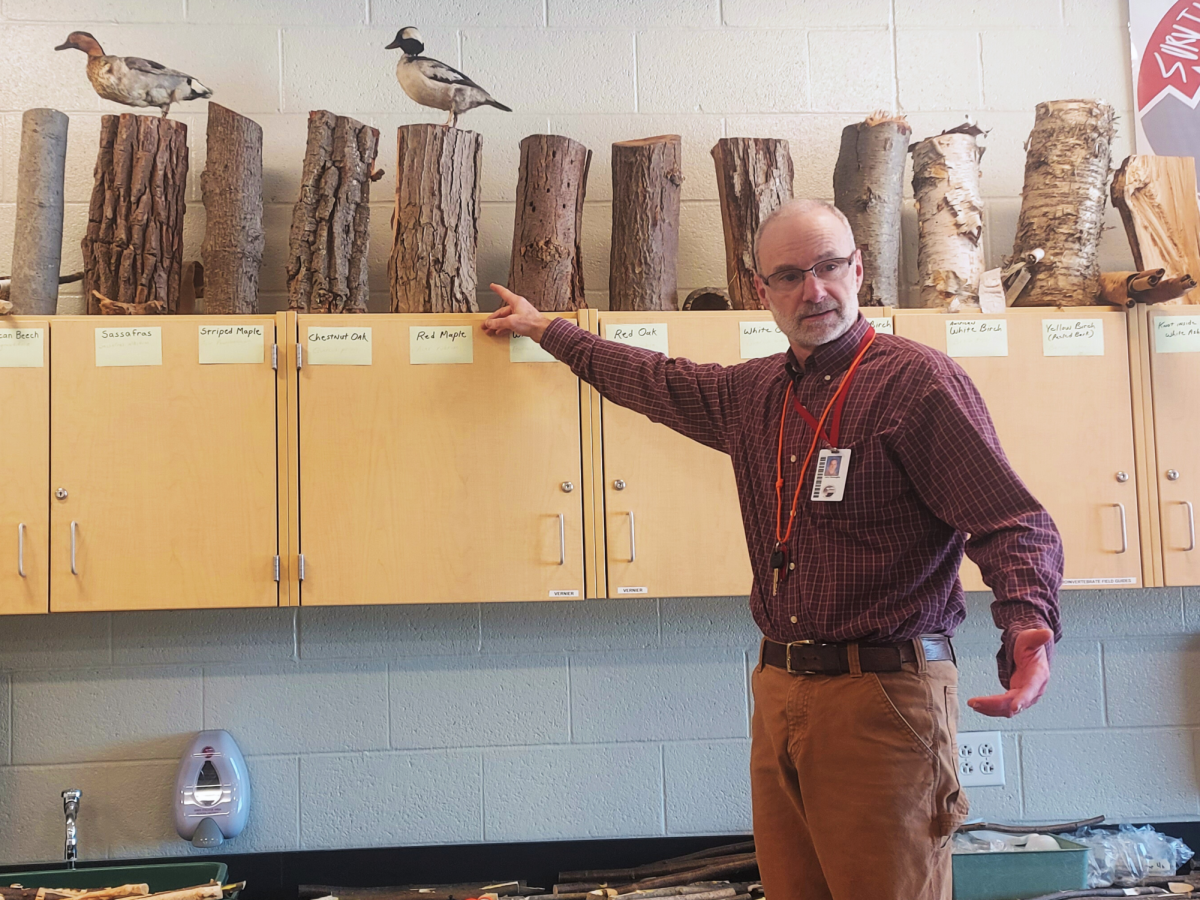Imagine how you would feel if you just realized that you would have to take a huge test tomorrow, and you barely studied. That is exactly the feeling of some of State High’s Chemistry Olympiad competitors. All competitors had to complete 60 multiple-choice questions on a broad range of chemistry concepts for the local exam.
“There’s a lot of questions from all types of chemistry and there’s a lot of study you have to do to be ready for the test,” senior competitor Peter Novikov said.
Many of the competitors admitted that they went in, hardly spending any additional time preparing for the local exam.
“I studied once and it was the night before I think I studied like five hours,” junior Aidan Le said.
“I think I studied for like one hour, and that was it … one hour in total,” junior William Liu said.
Despite their time limitations, most of the competitors nevertheless used their time studying hard and studying smart.
“I also read the chemistry textbook. I think it’s called ‘General Chemistry Third Edition.’ And I use ChatGPT to create a study plan for myself to study … If I was confused about something, then I would use ChatGPT to explain it to me, or I’d Google it and try to find other sources to explain it to me other than the textbook,” Le said.
Although Novikov didn’t prepare, he was still able to utilize experience from completing past academic work for State High’s Chemistry 1 and Chemistry 2 courses.
Furthermore, these competitors started out mentally strong during the test day, which can often become a significant challenge.
“I didn’t feel nervous, I was excited to take the test … I would say the same excitement you feel … before a tennis match,” Novikov said.
Although many competitors were nervous, once the test started and they saw the questions, it became easier to work through.
“I started out confident because the first couple of questions were stuff I knew,” Le said.
“When I saw the first couple of questions I thought that it was doable, so I got a good bit of positive energy from the first couple of questions,” Liu said.
Le explained his ending feelings after he finally completed the test. “I was relieved. It was a long test,” he said. Competitors like Le were all feeling relieved once they finished the exam.
“I could have done worse,” said Liu.
After the test, a couple of challenging questions gave competitors a memorable impression about the test.
“For example, I don’t know what molecule precipitates as yellow,” Novikov said. To be able to answer similar questions correctly, students would likely need to know all precipitates of each color fully, like Lead iodide (PbI2), which would be the solution to this question.
“It tests you in, one I remember off the top of my head is how many electrons are in the four orbit of uranium,” Liu said. Questions like these test students’ knowledge of atomic structure, such as understanding the electron configurations in each atom.
“I remember there was this question about figuring out the color of a compound. I forgot what the compounds were,” Le said.
Difficult questions like these can help students learn from their mistakes and to improve their understanding. A few days after taking the exam, Chemistry Olympiad students finally got their tests back and were able to reflect on their performances.
“So I was just happy to not do as bad. And so I got a 32 out of 60 … which is like decent … it’s like it’s not bad,” Novikov said.
Successful Chemistry Olympiad competitors’ plan could be possibly preparing for the National Chemistry Olympiad Exams right now as you read this article until April 5-13, 2025, which is the exam date. Other competitors would be freed from this program to continue to pursue their other passions.


